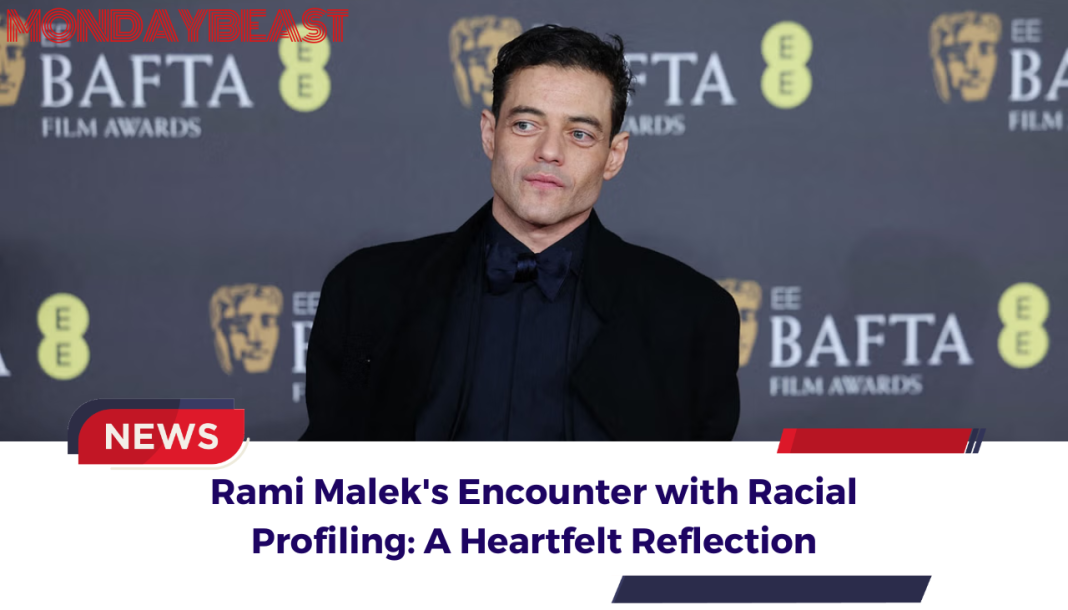Rami Malek recently shared a shocking experience involving racial profiling. Many wonder: how does race impact people’s lives today? In a world still grappling with discrimination, Malek’s story draws on both personal and communal narratives. The Oscar-winner’s account sheds light on broader societal issues.

In an interview with The Guardian, Malek recounted a tense moment with the LAPD. Imagine being mistakenly identified as a criminal. Feeling the weight of unjust suspicion, he was thrown onto the hood of a police car. All because his ethnicity seemingly matched a vague description of a robbery suspect. Feeling vulnerable, he felt his place in society was suddenly tenuous.
Malek’s words resonate deeply. ‘They said the thief was of Latin descent, and, ‘You fit the description.” His anguish was palpable. This moment encapsulates the precariousness of being misidentified, especially for individuals of diverse backgrounds. Who hasn’t felt the sharp sting of unfair judgment?

He hilariously recounted that a friend had to clarify his ethnicity. ‘Actually, sir, he’s Egyptian. Not Latin.’ Amidst the panic, he clung to laughter. Yet beneath the humor lay a painful truth: racial lines still confine us.
It’s important to address how these incidents shape identity. Malek reflected on growing up in Sherman Oaks. He felt the push and pull of cultural acceptance. He labeled himself as ‘white passing,’ while his features say otherwise. How does one navigate feeling different in a society that often simplifies identity?

Malek’s sentiments echo within a larger narrative. Consider Fantasia Barrino’s recent claims of profiling during a family trip. Such experiences abound in modern life, reinforcing the pervasive impact of race. Are these isolated incidents or threads in a larger tapestry of societal prejudice?
Amid all this, Malek inserted humor into his narrative. Airport security often eyed him suspiciously. ‘What is happening?’ he thought each time, yet he later recognized his celebrity status would save him. It raises questions about privilege. Does fame shield one from the biases others face?
In telling his story, Malek invites us to examine our insights into race. Why is it vital for public figures to share these truths? Their visibility amplifies the conversation. Awareness nudges us toward change, from both individual and systemic perspectives.
Ultimately, Malek’s experiences teach us about empathy and understanding. His reflections encourage open dialogues about identity and its intersection with race. Through candid conversations, there’s hope for healing and progress. Can we collectively foster a world where stories like this cease to exist?




